Mark Rylance delivers a live reading of Howard Zinn’s anti-war speech for Stop the War at Park Theatre
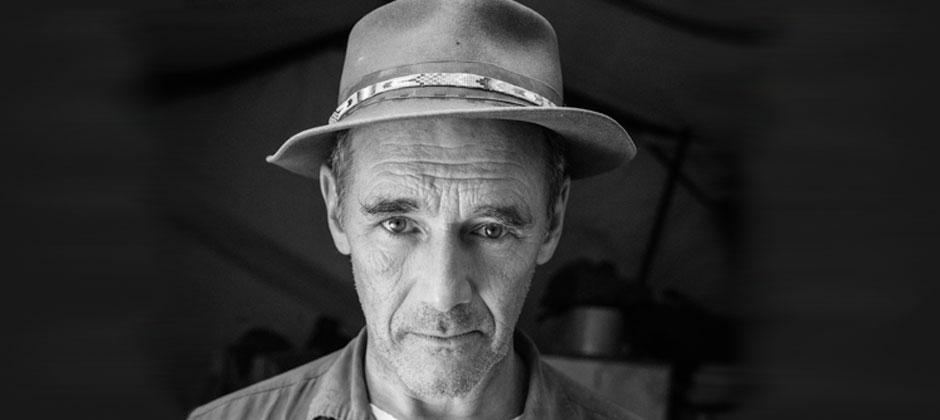
“Hope can only come if you have some historical perspective,” said Howard Zinn.
Historians, like many artists, ebb and flow with the tides of popular opinion. Zinn’s literature is seeing a revival, deservedly so, as we seek answers and clarity as to the current state of things. Warmly brought to life by Mark Rylance at the Park Theatre on 18th June, the Oscar-winning actor partnered with Stop the War Coalition to produce a live reading of Zinn’s celebrated Three Holy Wars speech.
Rylance embodied the historian and activist to deliver the speech in full character, reinvigorating the words for a new audience. Zinn’s oration on the myths of war urges us to reconsider the “goodness” of three major conflicts, now held sacrosanct in American and Western culture: the Revolutionary War, the Civil War and World War II. He veers away from didacticism – the author is not offering a utopian view of the world as if these wars had not taken place. Indeed, he accepts their necessity for different moral reasons. But governments and citizens buying into the prospect of combat are rarely aware of the full cost and, as Zinn repeats, the promises made at the outset – to veterans, to the citizens of the antagonistic country, to the voting populace – are always betrayed. If the US had known 60,000 people would die (equivalent to 2 million of today’s US population) in the Revolutionary war, would the cost of independence be deemed worthy? In the trajectory of these conflicts, Zinn argues, even the righteous parties err, and the format of each war is now rote – dangerous weaponry is tested, civilians are killed en masse, eventually the enemy figure is toppled. By the time victory arises, however, the “good guys”, as Zinn refers to them, have often committed as many atrocities as the “bad guys”.
It may seem simplistic to frame the parties in combat thus. After all, it is the dictum of every POLS 101 student that there are no guilt-free parties in war, and the slogan of a film poster to say that “the first casualty of war is innocence”. But Zinn posits that war, in particular the concept of a “good war”, as enacted by the above three examples, is a cyclical thing. The examples of good wars are used to fuel conflicts that, on a surface level, appear similar, but the simplicity of this framework is misleading and dangerous.
Rylance praised the wit with which Zinn was able to frame the most pressing concerns of modern warfare into articulate questions that examined both the origins and impacts at once. His own unique brand of avuncular warmth and mischief was well-suited to bringing the historian’s rhetoric to life, particularly given a topic that could turn dour if delivered by the tongue of a less-skilled orator. Accompanied by songs from Johnny Flynn, who evokes Bob Dylan by way of Leonard Cohen, and a monologue from Tony Kushner’s Homebody/Kabul, delivered by Kika Markham, Myths of War was a fitting tribute to one of the 20th century’s great thinkers, whose works have never been more relevant.
Jonathan Mahon-Heap
Photo: Gavin Watson
Myths of War was a one-off event at Park Theatre on 18th June 2017. For further information about Stop the War visit here.

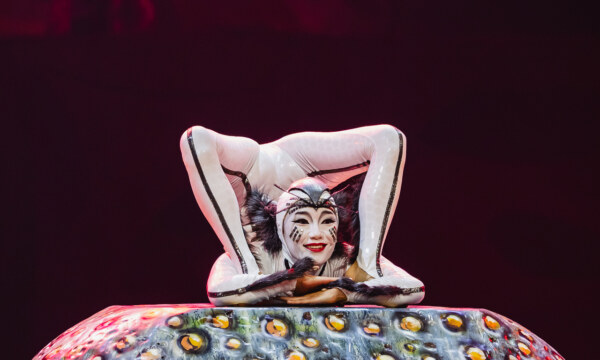
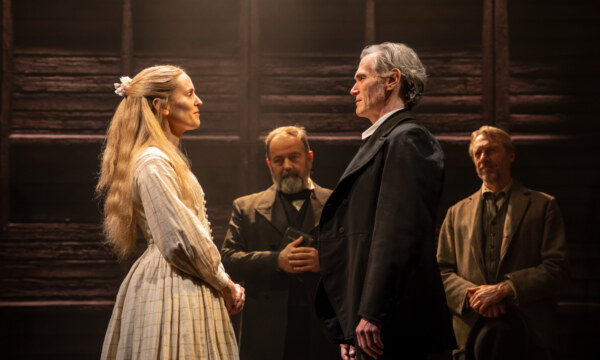

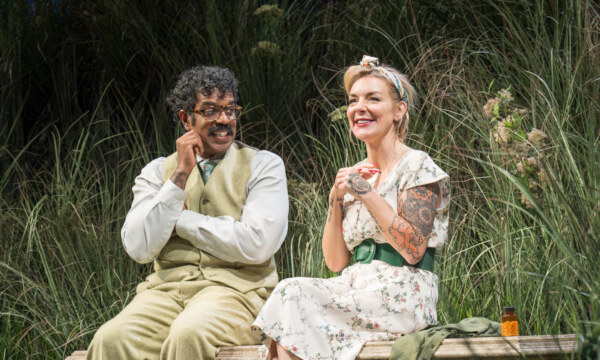
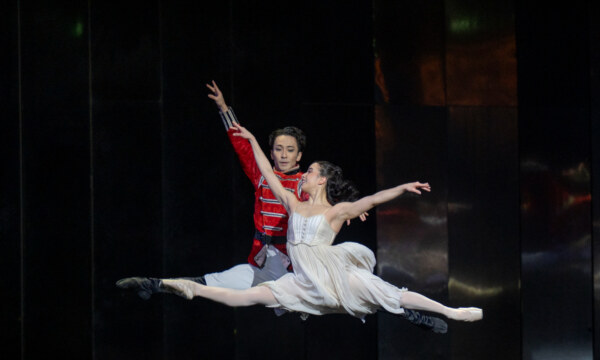
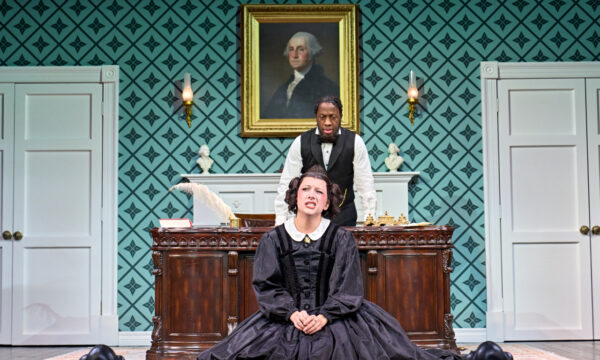
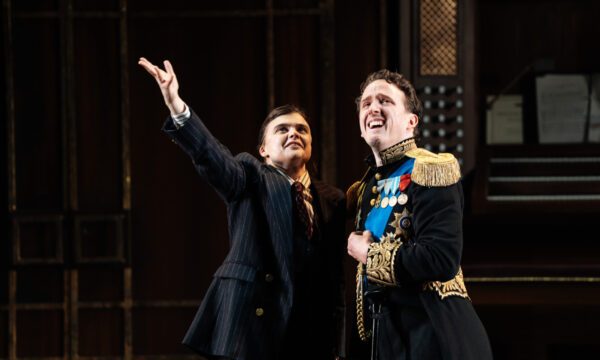

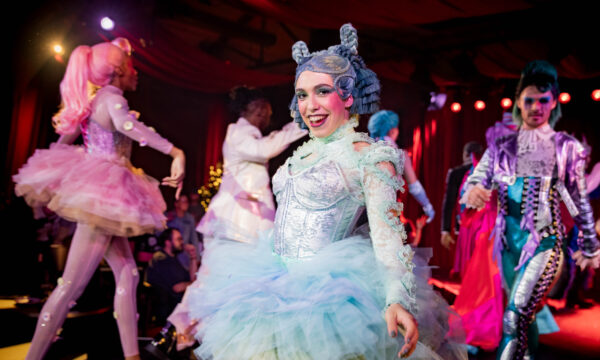

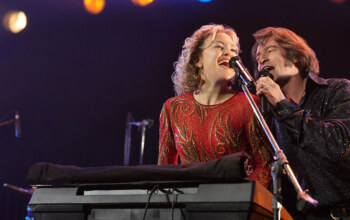


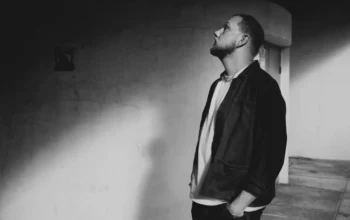









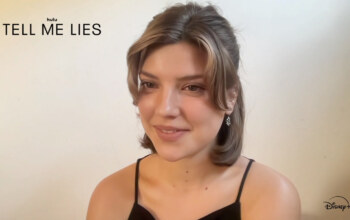
Facebook
Twitter
Instagram
YouTube
RSS